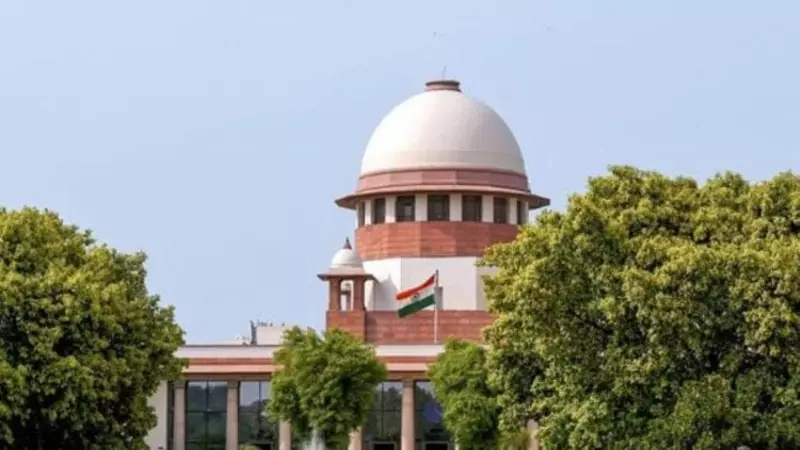
In a landmark move that's sending shockwaves through Telangana's political landscape, the state government has implemented a staggering 42% reservation for Other Backward Classes (OBCs) in local body elections. This revolutionary decision represents one of the highest reservation percentages for backward classes in India's recent political history.
The Reservation Breakdown
The newly announced quota system allocates specific percentages across different tiers of local governance:
- Municipal Corporations: 42% OBC reservation
- Municipalities: 42% OBC reservation
- Gram Panchayats: 42% OBC reservation
Political Implications and Electoral Calculus
This bold move is strategically timed ahead of crucial local body polls, potentially reshaping the electoral battlefield. The 42% quota significantly exceeds the conventional reservation percentages seen in most Indian states, positioning Telangana as a pioneer in OBC political representation.
The decision has ignited intense political discourse, with supporters hailing it as a long-overdue step toward social justice, while critics question the timing and methodology behind the percentage calculation.
Legal Framework and Constitutional Validity
The reservation policy operates within the constitutional framework that mandates adequate political representation for backward classes. However, the unusually high percentage raises important questions about:
- The empirical data supporting the 42% figure
- Potential legal challenges regarding reservation caps
- Balance with existing SC/ST reservations
- Long-term impact on local governance structures
Ground-Level Impact on Grassroots Democracy
This reservation policy promises to transform the composition of local governing bodies across Telangana. Thousands of seats in municipal corporations, municipalities, and gram panchayats will now be reserved for OBC candidates, potentially bringing fresh perspectives and representation to grassroots governance.
The move could fundamentally alter political equations in a state where OBC communities constitute a significant demographic bloc. Political parties are now forced to recalibrate their candidate selection strategies and outreach programs to align with the new reservation reality.
Broader Implications for Indian Politics
Telangana's decisive step sets a powerful precedent that other states might follow. The 42% OBC reservation could trigger similar demands across India, potentially reshaping the reservation discourse at the national level.
As local body elections approach, all eyes are on Telangana to see how this ambitious reservation policy unfolds in practice and whether it achieves its stated goals of enhanced political inclusion and social justice.





